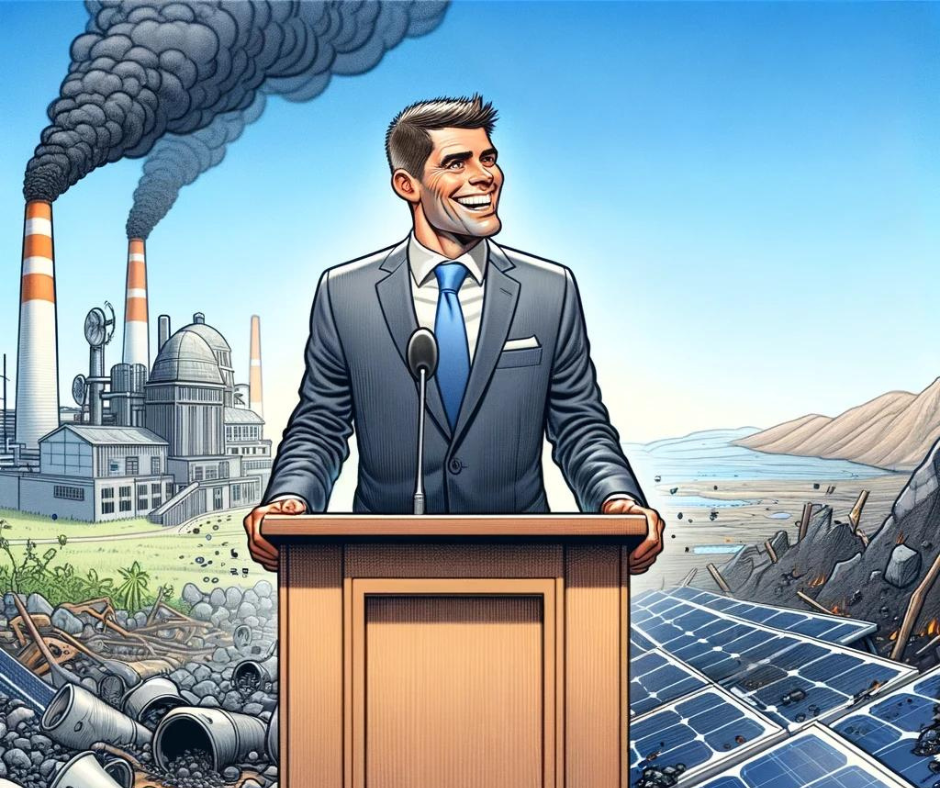A deal is not a deal on climate policy

You can’t do a deal with someone who admits they will break it whenever they have the chance.
That simple truth – that legislators can break any promise made by any previous legislature – was a major point of discussion at the low-carbon fuel standard (LCFS) hearing last night. It is a big reason developing bipartisan agreement on climate policy has become virtually impossible.
During last night’s hearing on HB 1110, to impose a low-carbon fuel standard in Washington, it was noted that four years ago a bipartisan group of legislators agreed to increase transportation funding in exchange for a promise not to impose a low-carbon fuel standard.
With lawmakers now considering imposing the LCFS, there is debate about the meaning of that deal.
Some legislators (here is one example) insinuated that since there are new legislators and you can’t bind future legislatures, the deal is null and void.
This is why it is unlikely to be a “grand bargain” on carbon taxes. In the past I argued that we could reduce CO2 emissions by replacing our costly and ineffective system of regulations and subsidies with a revenue-neutral carbon tax.
This would take power out of the hands of distant bureaucrats, reduce the size of government, and provide an incentive to become more energy efficient. When I present this idea to other conservatives, the answer I generally get is unprintable.
The key reason that even such an attractive proposal is rejected is that conservatives don’t believe a promised deal would hold, and that lawmakers on the left would break the deal as soon as they have the votes to do so, raising taxes and re-imposing heavy regulation and bureaucracy. Legislators as last night’s hearing said as much.
When I testified on carbon taxes last month before the Canadian parliament, I specifically noted this problem. Noting that conservatives were opposed to failed Initiative 732, a revenue-neutral carbon tax, I testified that, “When I spoke with others, pointing out that many households would see their tax bill decline, the common answer was that they didn’t believe the bargain would hold. People worried that other taxes would be increased, leaving everyone with higher taxes in the end. Even good policy can be undermined by fears that when the other shoe drops, people will be left with a policy they oppose.”
After two decades working in environmental policy, I sympathize with this concern.
Ultimately, this is a problem with any political solution. It is one reason we focus on using personal technology to solve environmental problems – technology can’t be voted out of office.
Technology that allows us to use less energy, conserve water, and make the most use of resources, continues to improve no matter who is in office. Obviously, some policies are more conducive to technological progress than others, but it is rare to see that progress undone.
By way of contrast, there will be proposals in the Legislature that sponsors hope will win bipartisan support for CO2 reduction. At least one of those rumored proposals, a carbon tax and rebate, deserves consideration. For many, however, the discouraging reality that a deal is not really a deal will hang heavily over the ability of people to come to agreement on any environmental-protection idea that, on paper, looks attractive.





